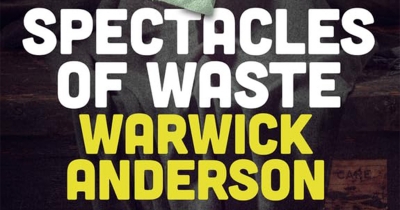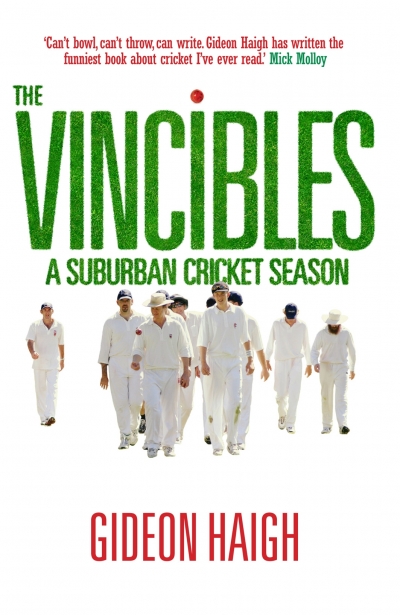Warwick Anderson
The Vincibles by Gideon Haigh & Over and Out edited by John Gascoigne
by Warwick Hadfield •
The Collectors Of Lost Souls: Turning Kuru scientists into whitemen by Warwick Anderson
by Martha Macintyre •
Drawing the Global Colour line: White men’s countries and the question of racial equality by Marilyn Lake and Henry Reynolds
by Warwick Anderson •




